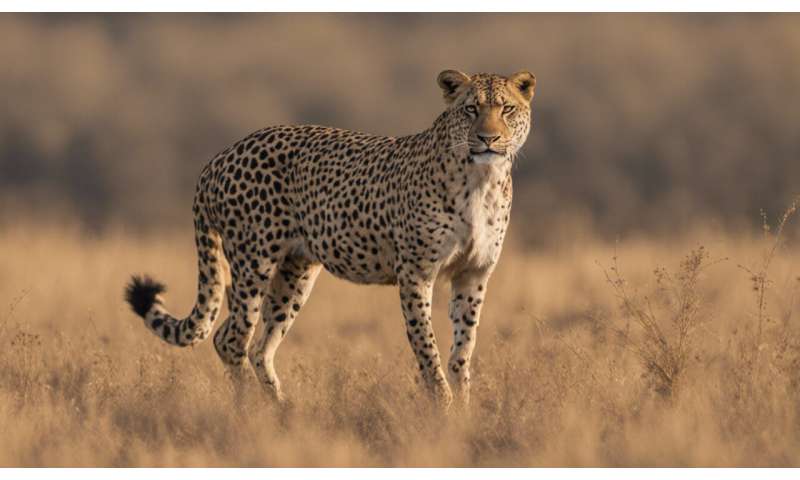#Divergent wildlife conservation perspectives in Africa

“#Divergent wildlife conservation perspectives in Africa”

In African wildlife conservation, most documented experiences are from southern and south-eastern Africa; countries with well developed ‘wildlife industries’. Their voices and perspectives are dominant, but a new paper in the journal Nature Ecology and Evolution presents divergent perspectives from West, Central and the Horn of Africa. The authors argue that empathy towards multiple perspectives will lead to more coherence in African conservation policy and to increased resilience to COVID-19 and other crises.
In the southern parts of Africa, conservation under the slogan ‘if it pays it stays’ is driven by funding generated through tourism and wildlife utilisation. Trophy hunting is part of the industry in many countries, but countries that only allow photographic wildlife tourism, like Kenya, have also followed a neoliberal conservation approach. This model has been faced with a ‘perfect storm’ of reduced income and increased cost in the COVID-19 pandemic.
University of Oxford scientists, in collaboration with 13 colleagues from 7 different countries across West, Central and the Horn of Africa, have shown that conservation there is not based on ‘if it pays it stays’. Starting from naturally lower wildlife densities, and facing more challenges, the region never developed a wildlife industry and tourism raises only a fraction of protected area management costs. Policy makers know the neoliberal theory, but the socio-economic reality has forced them to develop alternative perspectives.
In the region, wildlife makes substantial contributions to local livelihoods but not to national economies; most wildlife conservation activities depend on funding from donors working on sustainable development. Communities benefit from cultural values and ecosystem services but they cannot accrue much commercial value. Global commercialisation of wildlife commodities advocated by some southern African nations just increases the cost of wildlife protection. From the dominant perspective, this has often been described as a failure, but the scientists took a regional perspective to find a way forward.
Professor Hans Bauer, from the WildCRU at the Department of Zoology, said: ‘We are not saying that one model is better than the other; conservation in southern Africa has generally been more effective, but it is not resilient to COVID and other crises. The two approaches must exist side-by-side. It is important that both sides of the equator are aware that recommendations for their region may have adverse impacts on the other side.’
Professor Claudio Sillero, WildCRU Deputy Director, said: ‘Across the Sahel habitats tend to be less productive, but there are important populations of key species such as buffalos, elephants, giant eland and gorillas and cases of successful conservation in key protected areas. Peace and stability are much greater challenges there than the current pandemic.’
Banning trophy hunting amid COVID-19 threatens African wildlife and livelihoods
Hans Bauer et al. Consider divergent regional perspectives to enhance wildlife conservation across Africa, Nature Ecology & Evolution (2020). DOI: 10.1038/s41559-020-01343-6
Citation:
Divergent wildlife conservation perspectives in Africa (2020, November 3)
retrieved 3 November 2020
from https://phys.org/news/2020-11-divergent-wildlife-perspectives-africa.html
This document is subject to copyright. Apart from any fair dealing for the purpose of private study or research, no
part may be reproduced without the written permission. The content is provided for information purposes only.
For forums sites go to Forum.BuradaBiliyorum.Com
If you want to read more Like this articles, you can visit our Science category.



